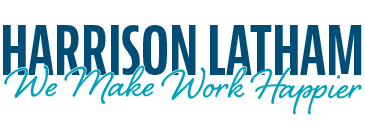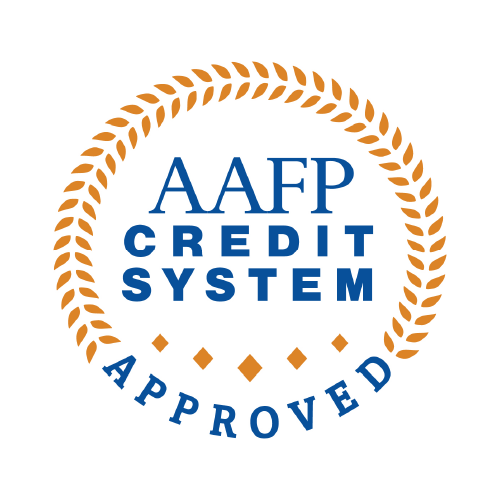We have seven different workshops approved for Continuing Medical Education Credits.
Empathy and Self Compassion in the Practice
Building Resilience for Effective Leadership & Teamwork
Expanding LGBTQ+ Awareness & Understanding
Navigating Social Identities and Bias in the Practice
Understanding the Role of Privilege within the Practitioner / Patient Relationship
Building an Anti-Oppressive Framework for the Private Practice
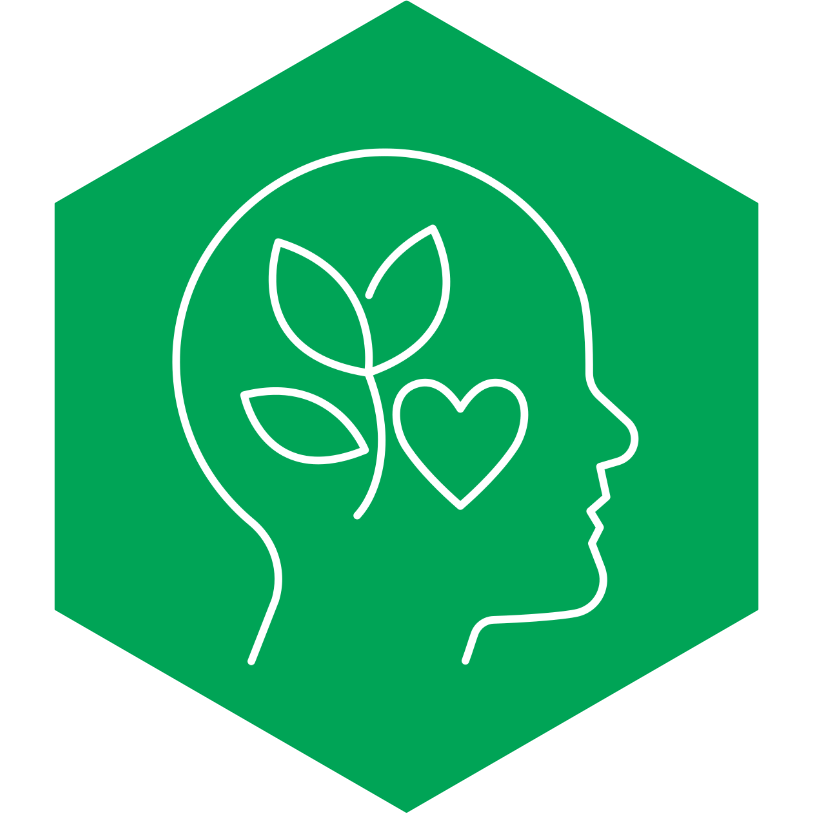
Emotional Intelligence
This workshop is approved for two (2) in-person format Continuing Medical Education (CME) AAFP credits.
As a medical professional, you cannot overestimate the importance of your Emotional Intelligence (EI). EI comprises self and social awareness along with self and social management. Data shows that 95% of people think they are self aware, but those same studies show us that only 15% actually are. In this workshop, Aimee Bucher breaks down the steps necessary to understand your emotional intelligence levels and provides the tools you need to improve. Participants leave this workshop with an increased understanding of themselves and the dynamics of communication within their teams, as well as new ways to communicate with patients that build trust and maximize patient and family understanding.
Learning Objectives
At the end of this activity, learners will be able to:
- Analyze their own EI
- Extrapolate how their EI affects their communication with patients, staff and colleagues
- Assess how EI improves outcomes
- Design a plan to improve their EI
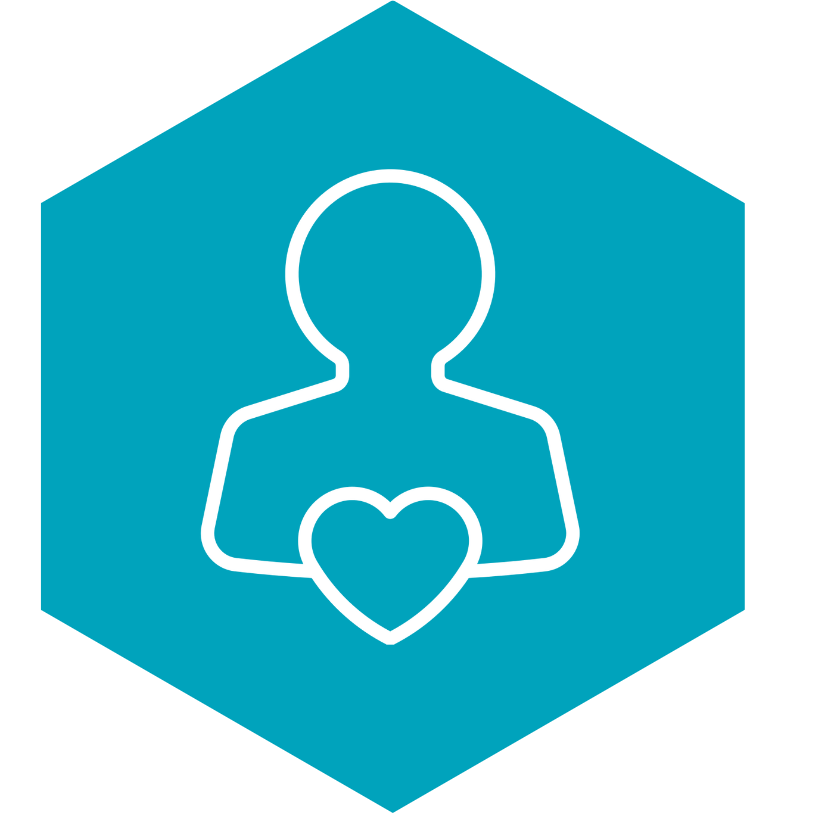
Empathy and Self Compassion in the Practice
This workshop is approved for two (2) in-person format Continuing Medical Education (CME) AAFP credits.
Clinician empathy is linked to improved patient outcomes, reduced patient pain, and staff retention. Self-compassion is crucial for positive, healthy relationships both with patients and employees in the office. In this workshop, participants will examine their levels of empathy and self-compassions. We will identify the three forms of empathy and when each one is appropriate both with patients and employees. Participants will learn why self compassion is important, and discuss how self-compassion informs the difference between self-sacrifice and self-harm. The workshop closes with practical ways medical professionals can increase their empathy, self-compassion and build a plan for stress management within their practice.
Learning Objectives
At the end of this activity, learners will be able to:
- Measure their level of both empathy and self-compassion
- Distinguish various forms of empathy and when each one is appropriate both with patients and employees
- Generalize why self-compassion is important
- Debate how self-compassion informs the difference between professional self-sacrifice and self-harm
- Design a plan to improve both empathy and self-compassion in patient care and office procedures
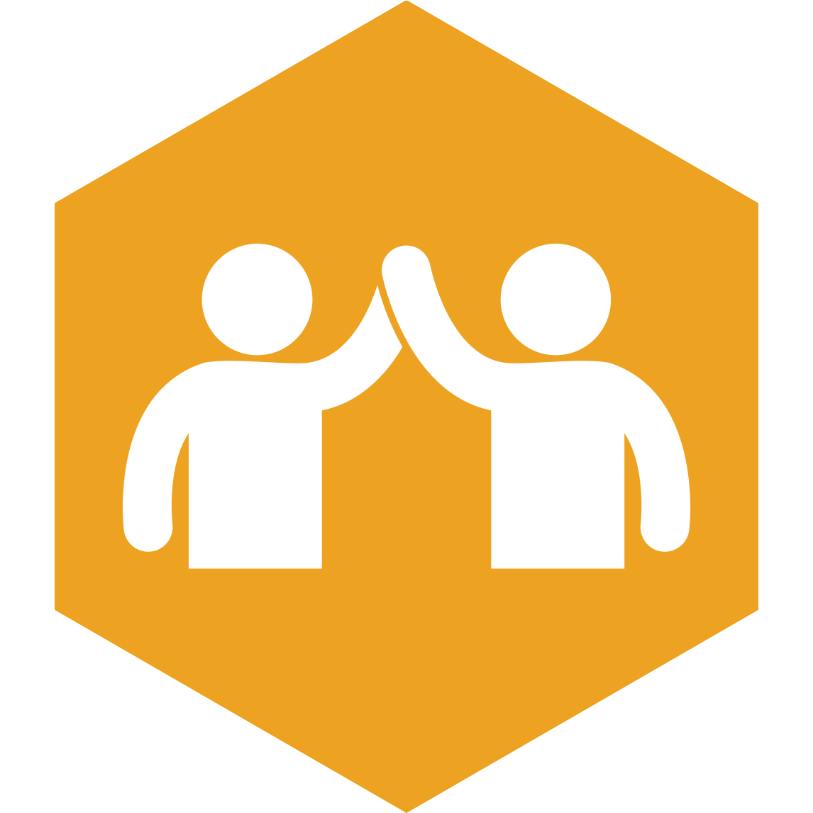
Building Resilience for Effective Leadership & Teamwork
This workshop is approved for two (2) in-person format Continuing Medical Education (CME) AAFP credits.
Resilience is key for handling job stress and managing relationships at work. Resilience is associated with increased job satisfaction, happiness at work, decreased turnover and increased employee engagement. In this workshop we look at the importance of resilience for both leaders and employees. Participants will have the opportunity to assess their own professional resilience within their practice to see the four components of resilience and how they can increase their resilience.
Learning Objectives
At the end of this activity, learners will be able to:
- Define resilience and why it is important for both leaders and employees.
- Appraise their own professional resilience within their practice
- Indicate tools that increase resilience
- Design a plan to improve their resilience
"*" indicates required fields
“In 40 years of Governance and Business Transactions practice with clients of all sizes and locations, Aimee’s method of putting across so many crucial points is THE best I’ve seen.”
Ted Ramirez

Expanding LGBTQ+ Awareness & Understanding
This workshop is approved for two (2) in-person format Continuing Medical Education (CME) AAFP credits.
According to Gallup, over 7% of the US population identifies as some form of queer/LGBTQ. There is pressure to already know how to be inclusive and while many practitioners want to be inclusive, they don’t necessarily feel comfortable with the language or with their own level of understanding. This workshop focuses on a broad understanding of terms specific to the LGBTQ community as well as redefining gender identity, gender expression, sex, and attraction. Participants leave this workshop with an expanded understanding of the LGBTQ community that shows up as both employees and patients in their offices.
Learning Objectives
At the end of this activity, learners will be able to:
- Comprehend the terms specific to the LGBTQ community, gender identity, gender expression, sex, and attraction
- Theorize how and why the LGBTQ+ community has different issues and medical requests (such as hormone replacement therapy)
- Determine best practices for a family physician to improve health outcomes and impactful relationships with employees and patients
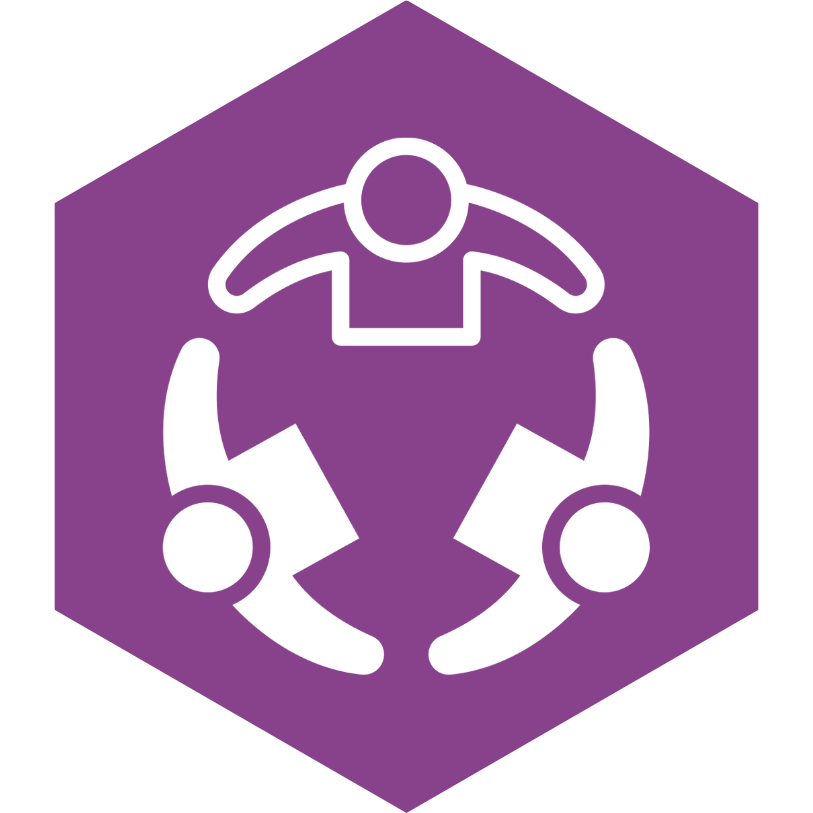
Navigating Social Identities and Bias in the Practice
This workshop is approved for two (2) in-person format Continuing Medical Education (CME) AAFP credits.
Social identity is one of the aspects of your “self-concept” — how you see yourself as a person. Social identities include things like generation, ethnicity, race, religion, gender, sexual orientation, nationality, (dis)ability, political affiliation, relationship status, profession, and socioeconomic status. Along with your personal identity (e.g., personal attributes you use to describe yourself, like being tall or conscientious), social identity influences our values, the stories we tell about ourselves and others, and things that motivate us toward action. In this workshop, we look at our own social identities, how we are influenced by them, and how our identities play out at the organizational level. Powerful conversations, and ultimately, change come out of this workshop.
Learning Objectives
At the end of this activity, learners will be able to:
- Label various social identities such as generation, ethnicity, race, religion, gender, sexual orientation, nationality, (dis)ability, political affiliation, relationship status, profession, and socioeconomic status
- Dissect how social identity influences our values, our motivations, and the stories we tell about ourselves, staff, patients and colleagues
- Discover how bias regarding social identity affects outcomes and communication
- Propose a plan to mitigate bias in your office setting

Understanding the Role of Privilege within the Practitioner / Patient Relationship
This workshop is approved for two (2) in-person format Continuing Medical Education (CME) AAFP credits.
This workshop provides a safe, eye-opening look at the ways privilege shows up in the practitioner/patient relationship as well as within the office team. Participants discuss how privilege impacts their understanding of the meaning of humanity, morality, ethics, and the responsibility that practitioners do or don’t have to society as a whole.
Learning Objectives
At the end of this activity, learners will be able to:
- Recognize what “privilege” is
- Appraise how privilege affects perspective and relationships with patients, staff and colleagues
- Interpret how privilege impacts their understanding of the meaning of humanity, morality, ethics, and the responsibility that practitioners have to society as a whole
Building an Anti-Oppressive Framework for the Private Practice
This workshop is approved for two (2) in-person format Continuing Medical Education (CME) AAFP credits.
We will explore power and privilege to understand how these forces show up in the dynamics of a family practice. Participants will work toward an understanding of their role within an anti-oppressive, anti-racist, and intersectional framework and how this impacts patient trust as well as therapeutic outcomes. Deeply powerful conversations and ideas are shared in this workshop. Participants shift perspectives and develop the tools to create positive change in their practices.
Learning Objectives
At the end of this activity, learners will be able to:
- Identify types of power to understand how these forces show up in the dynamics of a family practice
- Propose how an advocate would work toward within an anti-oppressive, anti-racist, and intersectional framework and how this impacts patient trust as well as therapeutic outcomes.
- Shift perspectives and develop the tools to create positive change toward health equity.
A Few Other Testimonials from Previous Workshop Participants
“Great training! Thank you!”
“This was great! Very informative! Very casual and comfortable space to be open and share thoughts/experiences.”
“Aimee personally did great making everyone feel accepted with their answers.”
“Fantastic!”
“She is very informed and easy to listen and learn from.”
“Aimee had a positive personality and was lively. Aimee answered questions well and made people feel heard and validated.”
“I walked away with a new perspective. Aimee organized and ran an excellent training.”
“Aimee led the training with knowledge and understanding.”
“She made me feel comfortable sharing my thoughts.”
“She is very knowledgeable and not judgmental.”
“Very upbeat presentation, interesting.”
“Very interesting topic and information on how we approach life.”
“Aimee’s confidence, positivity and enthusiasm are infectious.”
“Top notch performance and client service. I enthusiastically recommend Harrison Latham to any organization.”
“Your enthusiasm and energy makes everything you say a WOW. Your speech was uplifting and engaging.”
"*" indicates required fields
Other Credit Equivalency/Agreements
- AMA/AAFP Equivalency
- American Osteopathic Association (AOA) Agreement
- Department of Healthcare Professions (DHP), Ministry of Public Health – Qatar Equivalency
- College of Family Physicians of Canada (CFPC) Agreement
- Health Professional Organizations Agreement
AAFP Prescribed credit is accepted by the following organizations. Please contact them directly about how participants should report the credit they earned.
- American Academy of Physician Assistants (AAPA)
- National Commission on Certification of Physician Assistants (NCCPA)
- American Nurses Credentialing Center (ANCC)
- American Academy of Nurse Practitioners Certification Board (AANPCB)
- American Association of Medical Assistants (AAMA)
- American Board of Family Medicine (ABFM)
- American Board of Emergency Medicine (ABEM)
- American Board of Preventative Medicine (ABPM)
- American Board of Urology (ABU)
